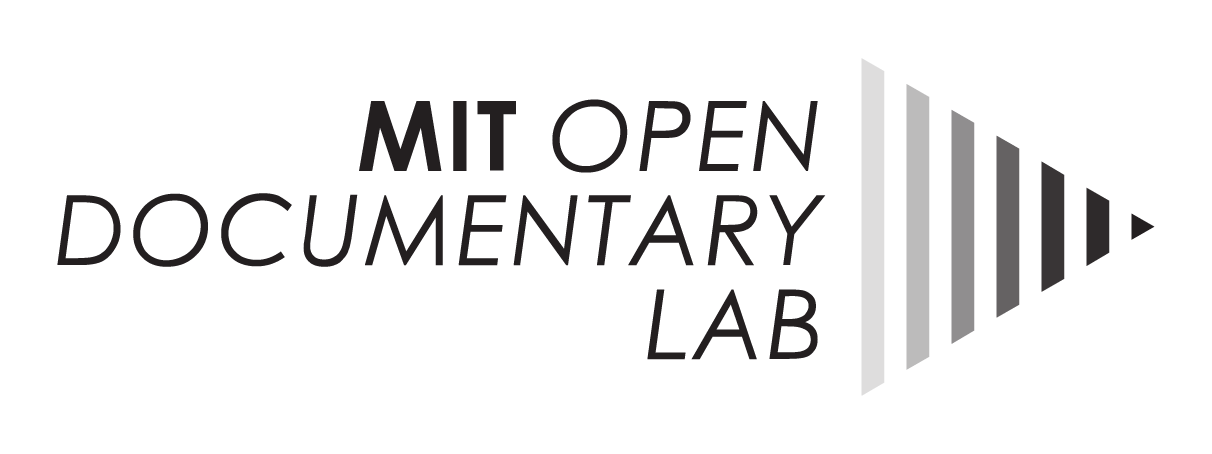15 Mar 9/28/17 Adam Mazo and Ben Pender-Cudlip
 Adam Mazo and Ben Pender-Cudlip will present their documentary in post-production Dawnland and engage the OpenDocLab community in conversation about how to collaboratively broaden the film’s story beyond the linear feature film. Dawnland is a documentary about cultural survival and stolen children: inside the first truth and reconciliation commission for Native Americans.
Adam Mazo and Ben Pender-Cudlip will present their documentary in post-production Dawnland and engage the OpenDocLab community in conversation about how to collaboratively broaden the film’s story beyond the linear feature film. Dawnland is a documentary about cultural survival and stolen children: inside the first truth and reconciliation commission for Native Americans.
Adam Mazo is the director of the Upstander Project and co-director and producer of First Light, and the feature-length film, Dawnland. Adam also directed and produced Coexist (WORLD Channel, Africa Movie Academy Award Nominee). He co-founded the Upstander Project in 2009. He is originally from Minnesota, graduated from the University of Florida, and now lives in Boston with his wife and son. Ben Pender-Cudlip is the co-director and cinematographer of Dawnland and First Light. He has directed over a dozen short documentary films, including Sanjiban in 2012 (Hot Docs, CIFF) and Fetch in 2014 (Woods Hole). He lives in Boston, Massachusetts, and graduated from Bard College at Simon’s Rock.
Synopsis:
When most people hear about children ripped from their families, they think of faraway places or of centuries past. The reality is it’s been happening in the U.S. for centuries—and is still happening today. Native American children are more than twice as likely as non-Native children to be taken from their families and put into foster care, according to a 2013 study.
In Maine, a group of Native and non-Native leaders came together to acknowledge and address the abuses suffered by Native children in the hands of the child welfare system. Thanks to their commitment, the Maine Wabanaki-State Child Welfare Truth and Reconciliation Commission (TRC) was formed in 2012 to seek the truth and bring healing to those affected.
Dawnland is the only feature-length documentary to tell the inside story of this historic, first of its kind commission and the individuals—both Native and non-Native—who boldly and publicly came forward to share their stories of survival, guilt and loss, in order to illuminate the ongoing crisis of indigenous child removal.
The film follows key participants through the truth and reconciliation process: a survivor of foster care, a child welfare worker, a TRC commissioner, and the co-founder of the commission. Their intersecting journeys reveal buried trauma and intergroup disagreements that threaten to derail the whole process. Dawnland also provides essential historical context showing how these present-day conflicts are the result of 500 years of colonial domination of Native peoples.



